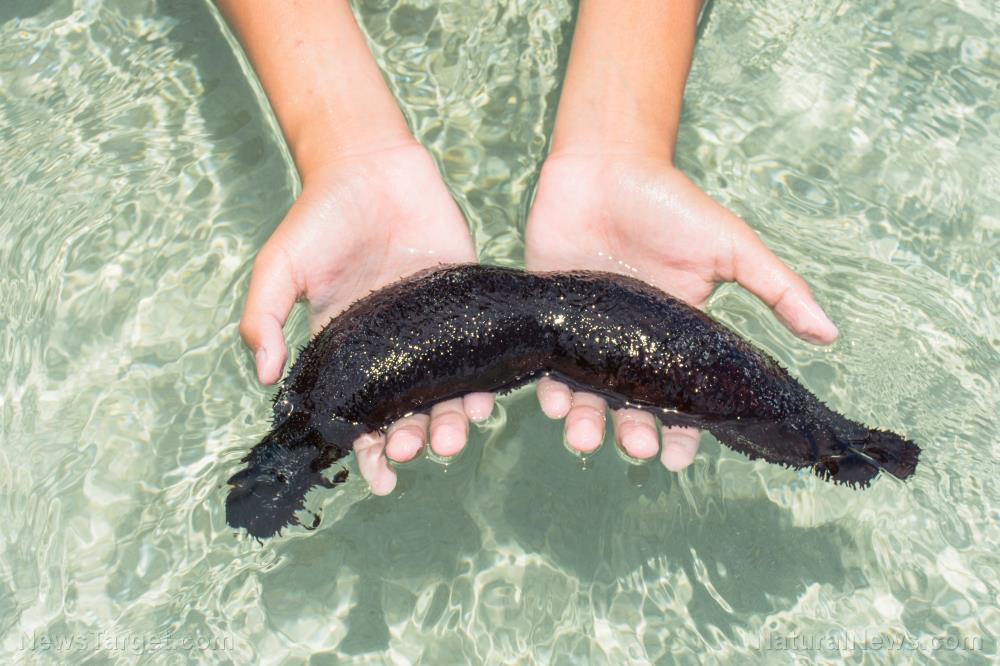Brain-damaging neurotoxic pesticide found in hundreds of foods: EPA allows pesticide lobby to dictate policy
02/02/2018 / By Isabelle Z.

If you thought that buying organic fruits and vegetables was a waste of money, you might want to think again. Test results released by the FDA have shown the presence of a neurotoxic pesticide known as chlorpyrifos in samples taken from more than 300 different foods.
This alarming data comes from a series of tests carried out from late 2014 to late 2015 by the FDA’s Pesticide Residue Monitoring Program, which tests thousands of foods both domestic and imported for pesticides each year. More than 50 different food crops were found to contain chlorpyrifos.
The FDA tested more than 5,500 human foods in total. Their testing is very comprehensive, and it even looks at some of the less popular varieties of produce not used in USDA tests. Overall, they found that around half of domestic food and 43 percent of the food we import contained pesticide residues. This is a rise over the figures noted in 2010 and 2005.
Chlorpyrifos was the fourth most commonly detected pesticide of the 207 different pesticides detected in the foods. They found the dangerous substance on foods like limes, rice, and hot chili peppers that are regularly consumed by Americans and Mexicans, for example. EPA analysis has previously found that the average American consumes far more chlorpyrifos than the levels that are considered safe, and those who eat certain foods have a higher risk.
Chlorpyrifos is an organophosphate pesticide that has been used since 1965 to control pests on food and feed crops. Some of the crops it is used on include broccoli, soybeans, cranberries, and Brussels sprouts.
100% organic essential oil sets now available for your home and personal care, including Rosemary, Oregano, Eucalyptus, Tea Tree, Clary Sage and more, all 100% organic and laboratory tested for safety. A multitude of uses, from stress reduction to topical first aid. See the complete listing here, and help support this news site.
New EPA administrator caves to lobbyists and fails to institute ban
It is known for hurting children’s brain development, even at low levels. It is listed by California’s Office of Environmental Health Hazard Assessment as being known to “cause reproductive toxicity.” The chemical has already been banned for home use, and its use has also been limited in the areas near public spaces.
Given its highly toxic nature, the EPA planned to ban its use in agriculture. However, before the ban went into effect, it was blocked by new EPA Administrator Scott Pruitt in response to some heavy lobbying from pesticide and agribusiness lobbies. He then announced the EPA wouldn’t be completing a safety review of the pesticide until 2022, allowing it to be used on domestic and imported crops in the meantime.
It was a very disappointing move to say the least, and it’s one that is putting so many children in danger that even the American Academy of Pediatrics called on him to change the decision. The group wrote in a letter that the risks caused by it are “unambiguous” and pointed out the EPA did not have any new evidence showing it was safe.
The letter states in part: “EPA has consistently found that chlorpyrifos is not safe, particularly in regard to in-utero exposure and exposures to children.
“America’s children today and in the future deserve and demand no less.”
They go on to list symptoms of overexposure such as vomiting, coordination loss, convulsions, paralysis, breathing problems, and even death.
Given this chemical’s prevalence in our food and the government’s unwillingness to do anything to curb its use, it’s important to choose organic produce or grow your own if possible. Once again, it appears that the best interests of the people are being outweighed by the money and sway of powerful corporations.
See more news coverage of pesticides at Pesticides.news.
Sources for this article include:
Tagged Under: American Academy of Pediatrics, child health, Chlorpyrifos, Ecology, EPA, food safety, food supply, organophosphates, pesticide lobby, Scott Pruitt, toxic chemicals, toxins




















